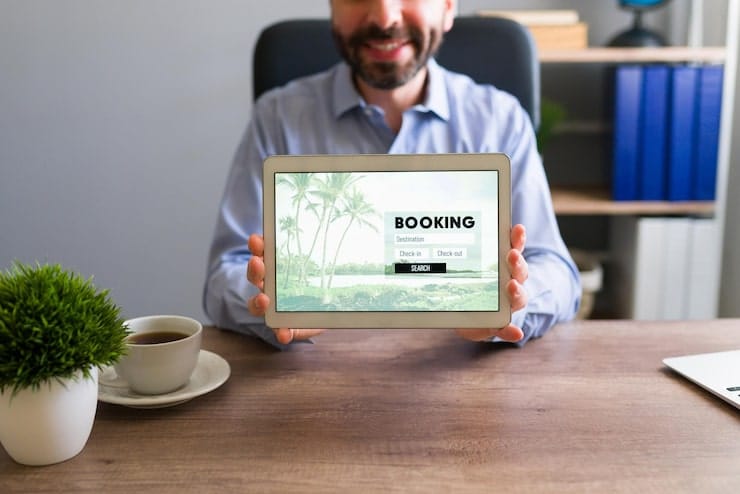Introduction: Why Trust Matters in Online Therapy
In today’s digital-first world, a therapist website design is often the very first impression potential clients have of your practice. Whether someone searches “therapist Toronto” or “therapy near me in Toronto”, they’ll judge your credibility in seconds based on your online presence.
At Wellovis, we’ve seen first-hand how a well-designed website can help therapists build trust, showcase expertise, and ultimately convert visitors into long-term clients.
Therapy Website Essentials Every Therapist Needs
A trustworthy therapy website must include:
- Clear navigation
- A professional “About” page that builds relatability
- Services listed in plain, supportive language
- Easy-to-find contact information
- A secure and private booking form
These therapy website essentials ensure that clients feel comfortable and informed from the very first click.
The Role of Therapist Branding Online

Branding isn’t just about colours and logos—it’s about how clients perceive you. Strong therapist branding online includes your tone of voice, the style of images you use, and the values you communicate. By aligning your brand with compassion, professionalism, and accessibility, you build long-term trust.
Optimising with Therapist Website SEO
Even the best website won’t convert if nobody can find it. That’s where therapist website SEO comes in. By optimising pages with local keywords, meta descriptions, and schema markup, you can show up when people search “therapy near me in Toronto” or “licensed counsellor Ontario.”
Website Design for Mental Health Professionals
Website design for mental health professionals needs to strike the perfect balance between warmth and professionalism. Fonts, colours, and imagery should reflect calmness, safety, and empathy. A clutter-free design makes it easier for visitors to trust you and take the next step.
How to Build Trust with Clients Online
Building trust with clients online begins with transparency. Add credentials, testimonials, and information about your approach. Share content that answers common client questions. This reassures potential clients that you’re not only qualified but also approachable.
Best Website Features for Therapists
Clients are looking for simplicity and safety. Some of the best website features for therapists include:
- Encrypted contact forms
- Live chat or secure messaging
- Easy booking integrations
- Clear cancellation policies
- Educational blog content that demonstrates authority
Mobile-Friendly Therapy Websites: Why They Matter
More than half of online traffic in Canada comes from mobile devices. Mobile-friendly therapy websites load quickly, look professional on any screen, and prevent potential clients from dropping off when they’re searching on their phones.
Integrating a Therapist Booking System
A therapist booking system integration makes life easier for both you and your clients. By automating scheduling, reminders, and payment options, you reduce admin work and allow clients to take immediate action when they feel ready to book.
Therapist Digital Marketing and Your Website Funnel
Your website doesn’t exist in isolation—it’s the centre of your therapist digital marketing strategy. Whether it’s social media, email, or Google Ads, every channel should lead back to a therapist website marketing funnel that nurtures clients from awareness to booking.
Client Acquisition Through Websites
The ultimate goal is client acquisition through websites. When designed well, your website becomes more than an online brochure—it becomes your number one tool for attracting, engaging, and converting new clients.
- Trust-building homepage elements
- Call-to-action placements
- Mobile-friendly design snapshot
- Booking funnel flow (awareness → interest → booking)
FAQs
Q1: What are the most important elements of therapist website design?
The essentials include clear navigation, professional branding, a secure booking system, and content that speaks directly to client needs.
Q2: How can therapists improve their online presence?
Focus on SEO, publish regular blog content, and ensure a mobile-friendly, user-friendly design. These steps help strengthen an online presence for therapists.
Q3: Why should I invest in professional website design for my therapy practice?
A professional website for therapy practice builds credibility, reduces client hesitation, and increases bookings.
Q4: What makes a website user-friendly for therapists and clients?
A user-friendly design for therapists includes simple layouts, quick load times, and accessible booking forms.
Q5: How does Wellovis help therapists succeed online?
At Wellovis, we design and optimise therapy websites that build trust, support growth, and deliver long-term results.



